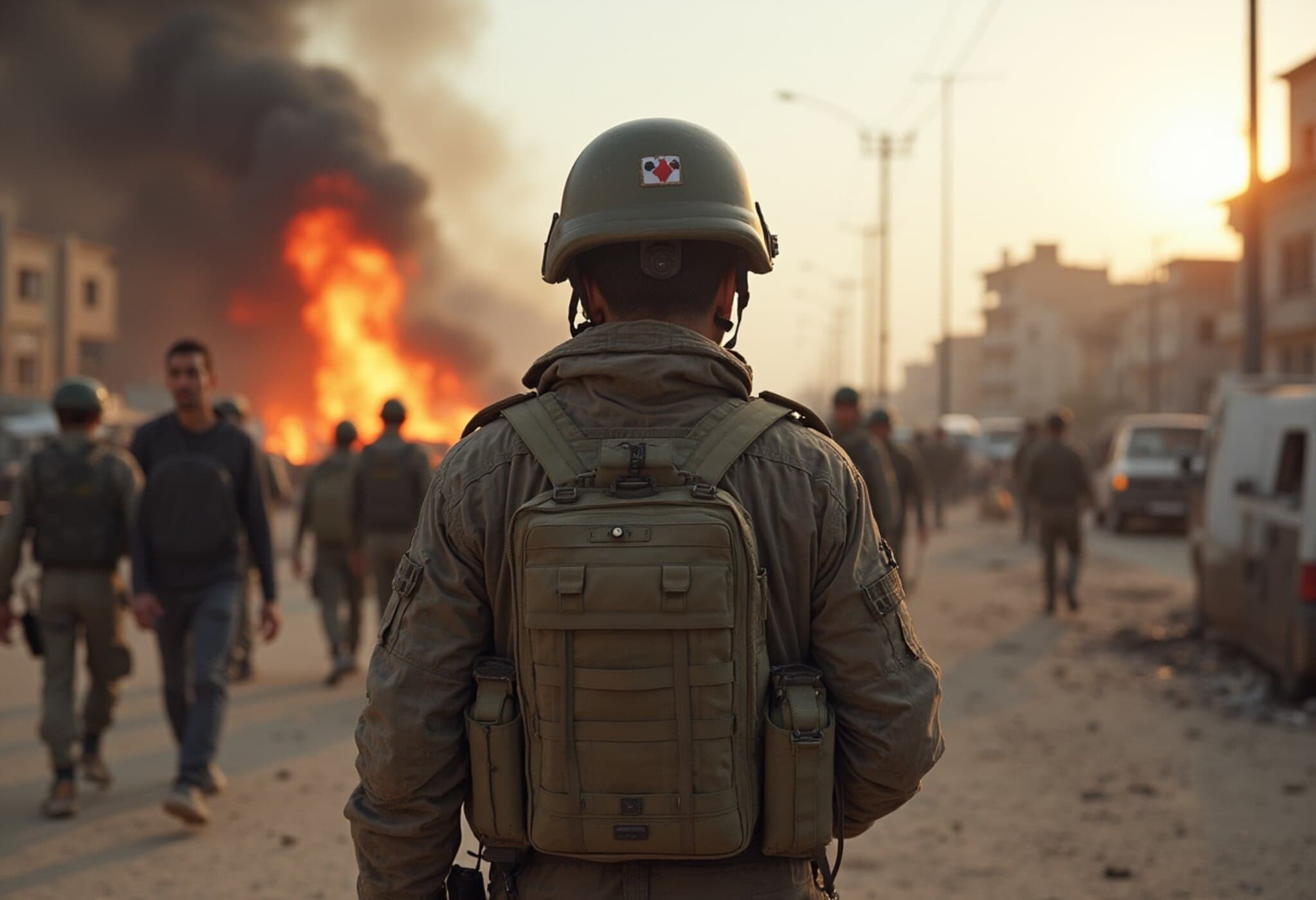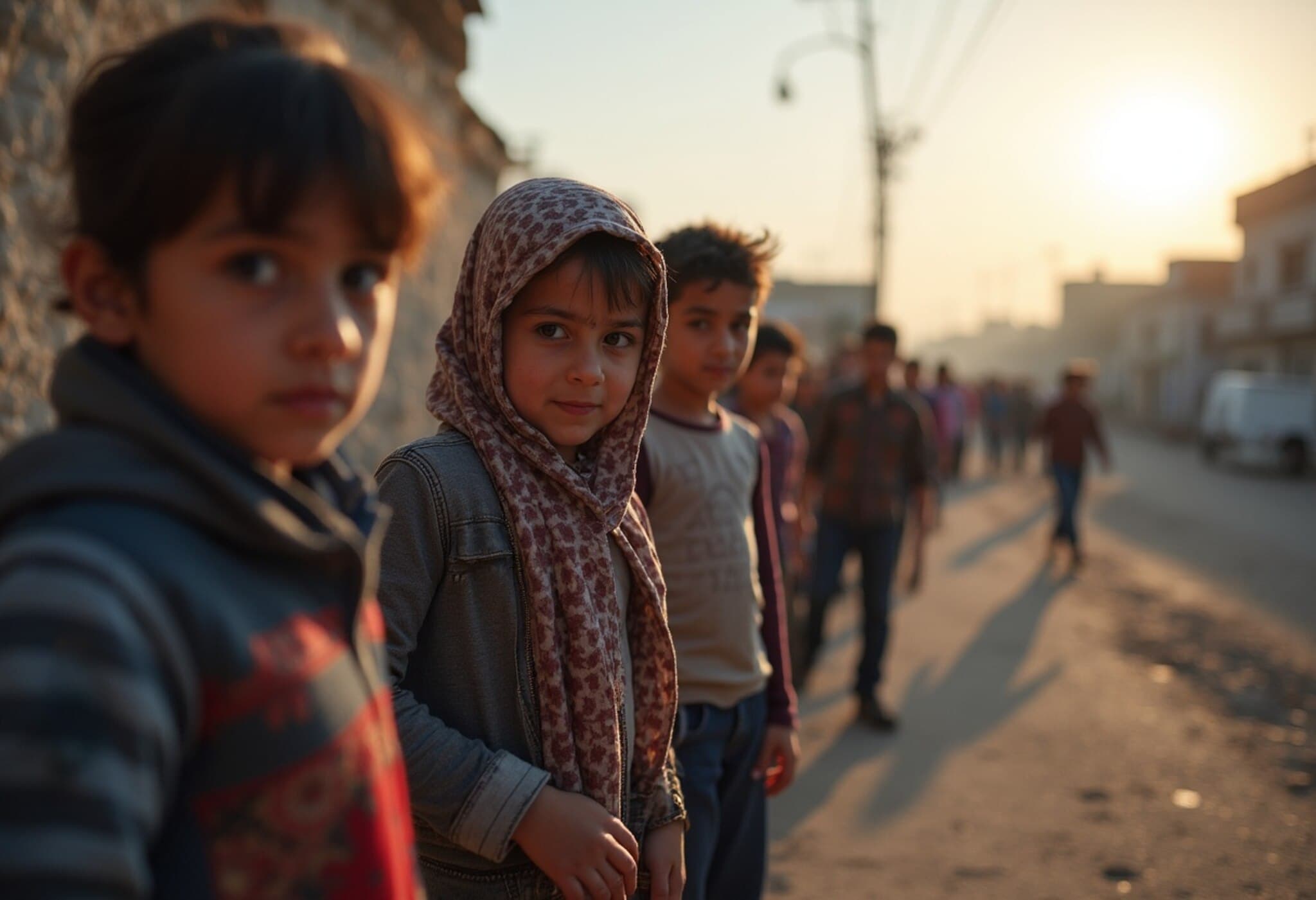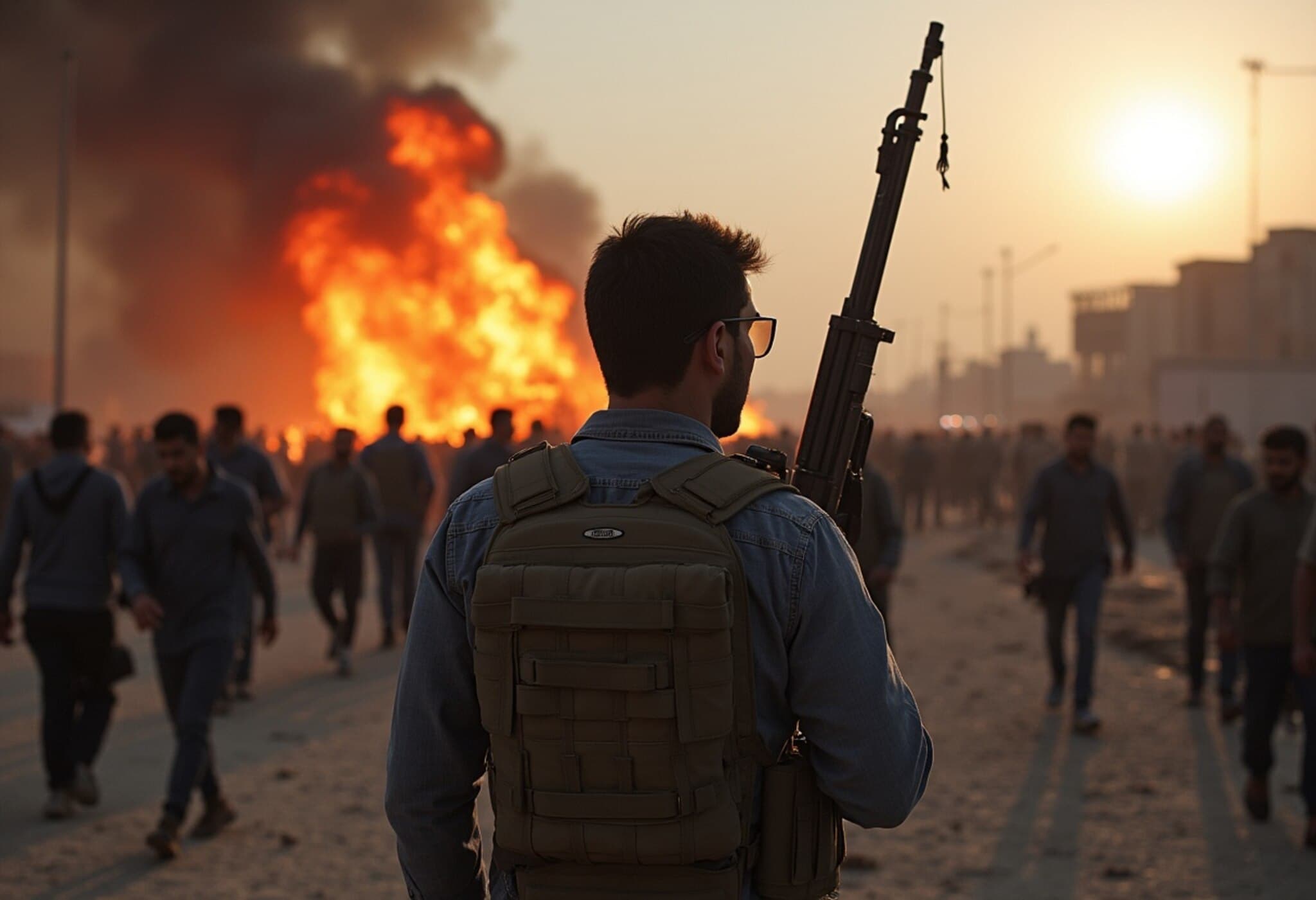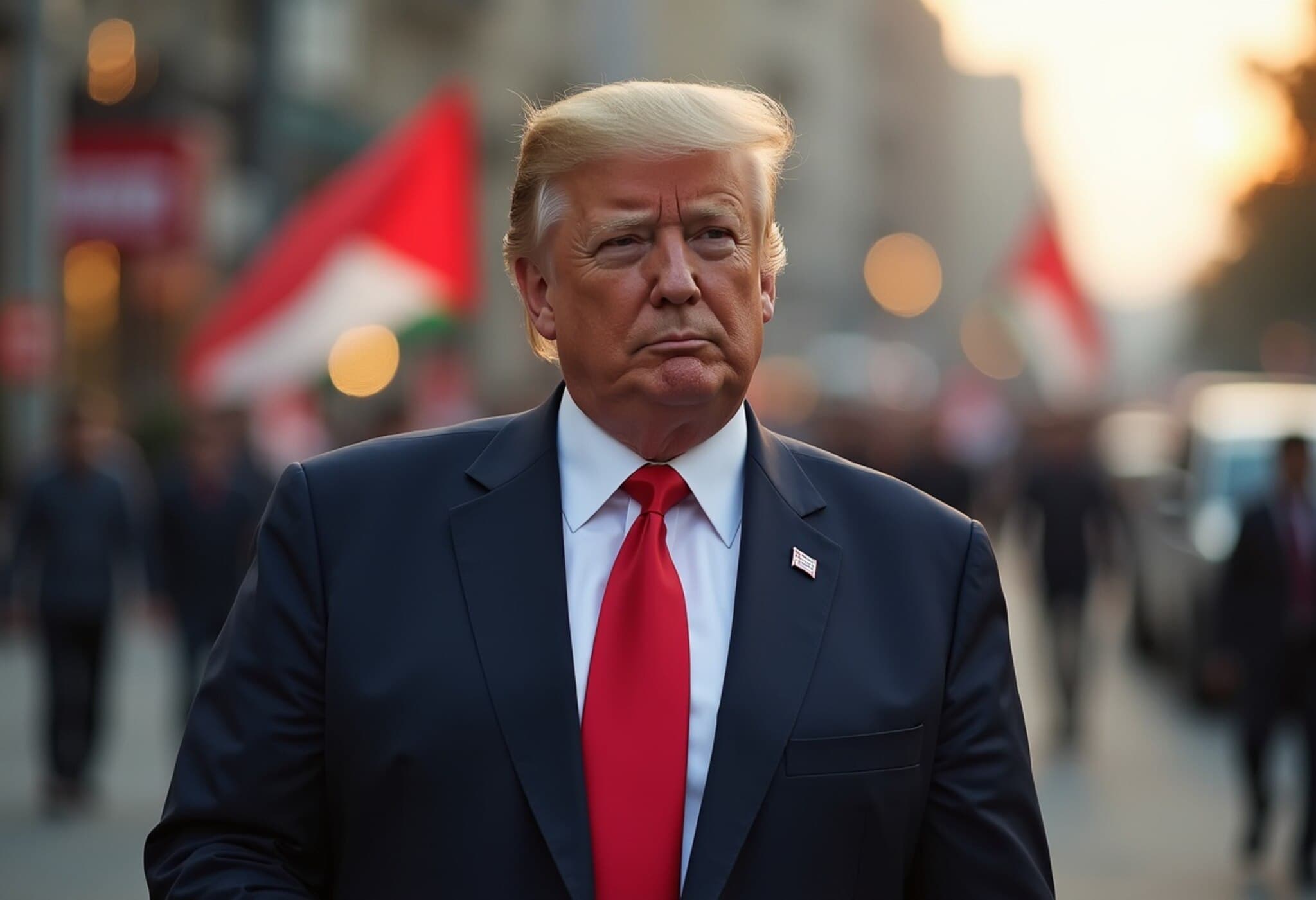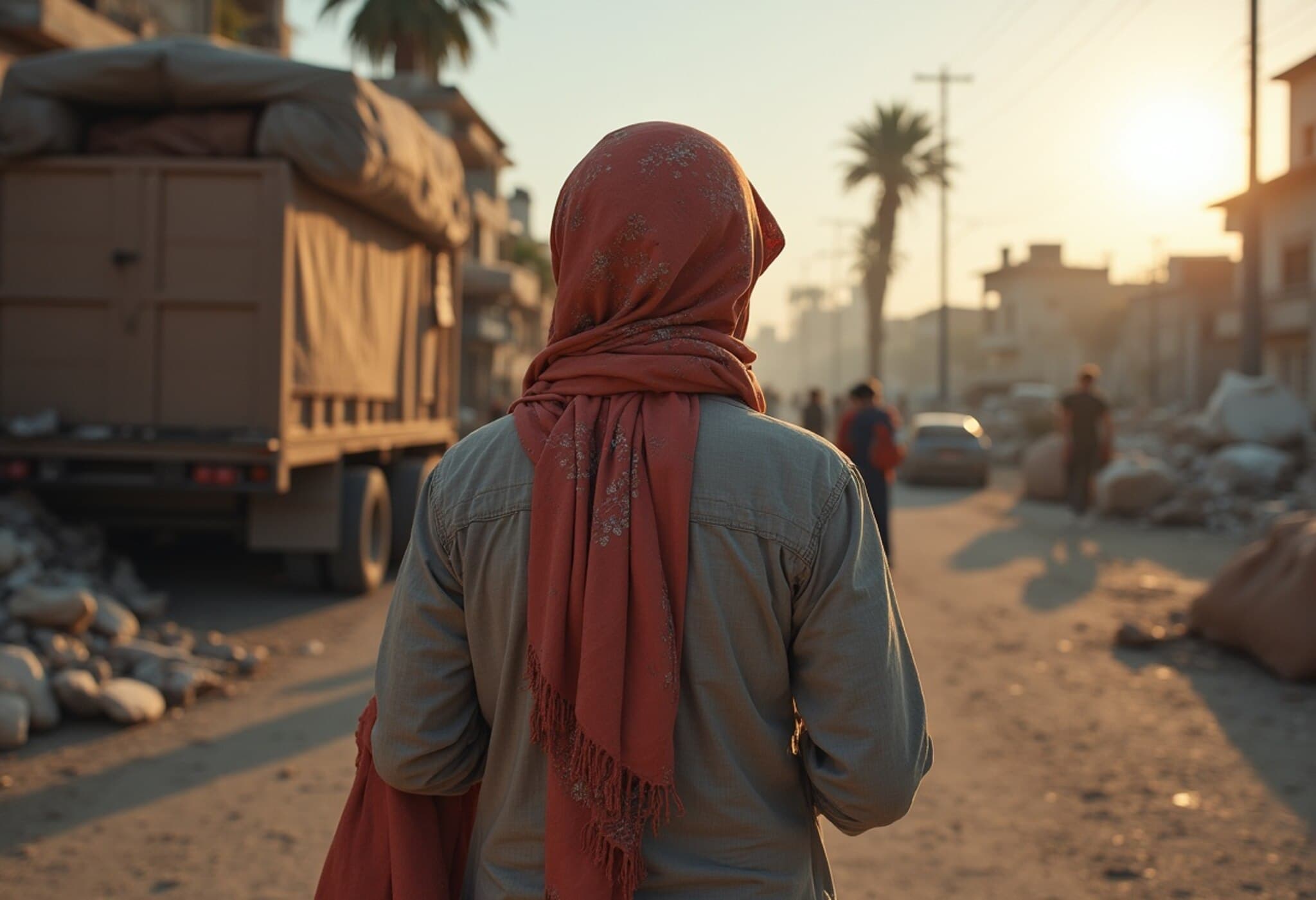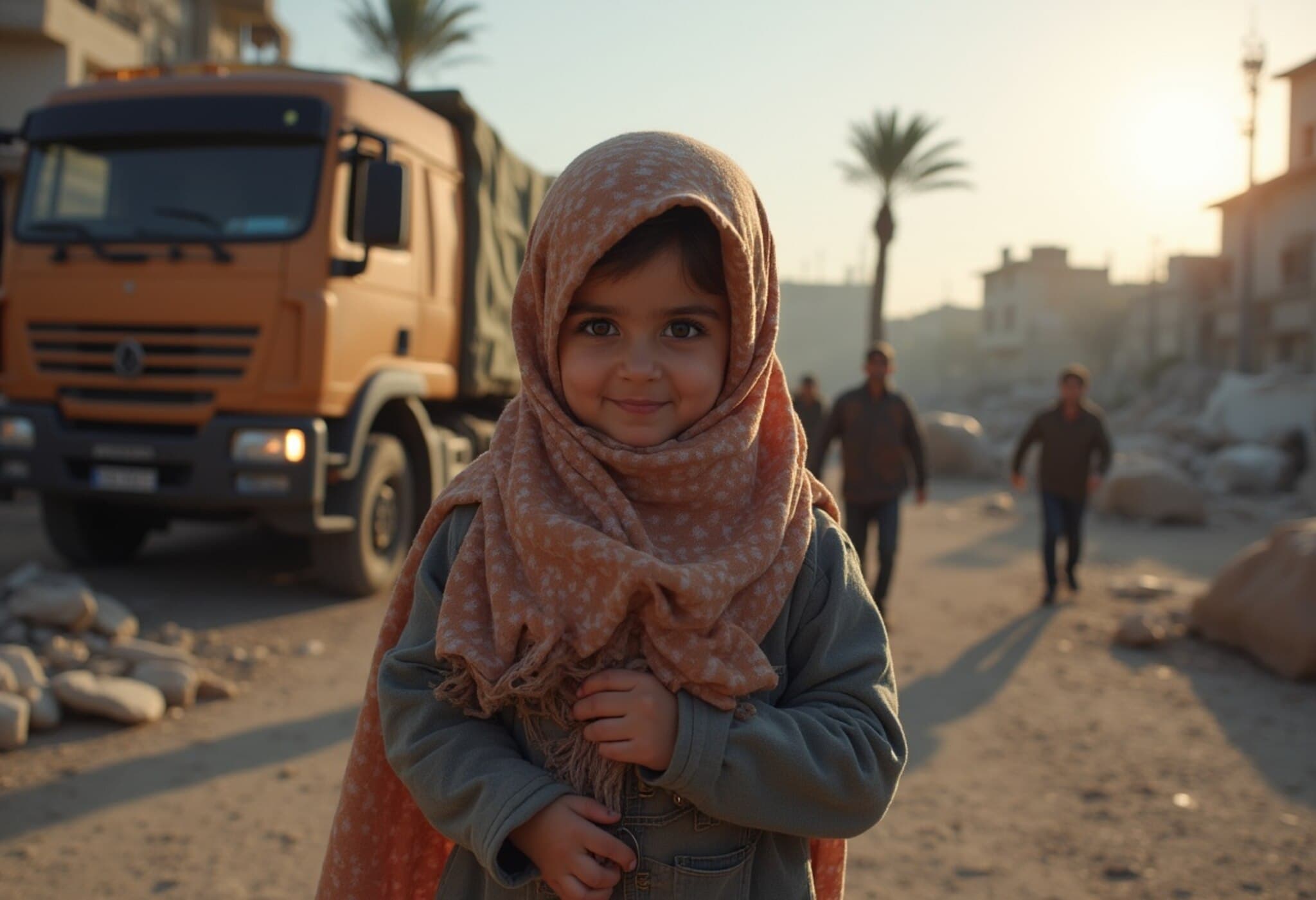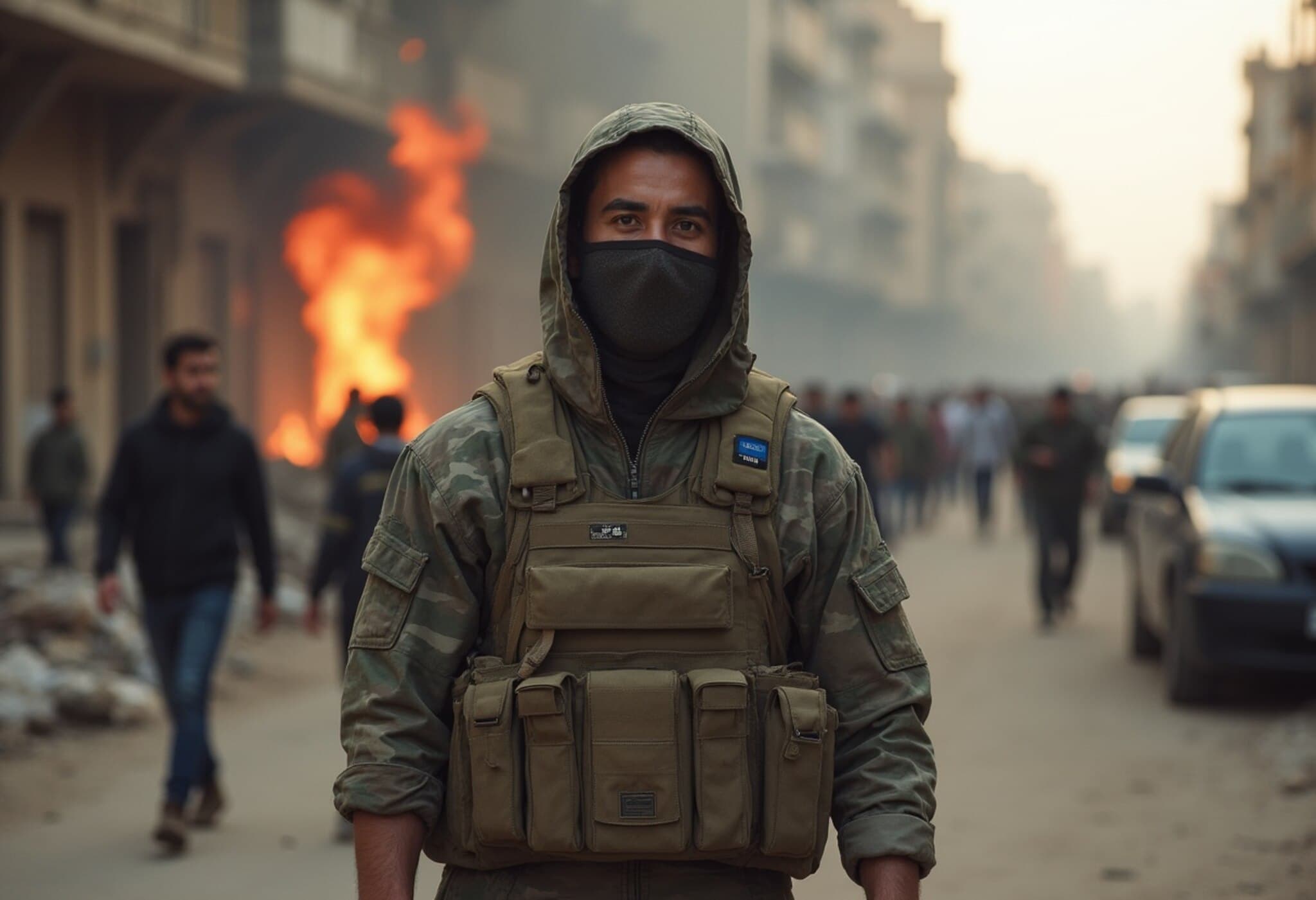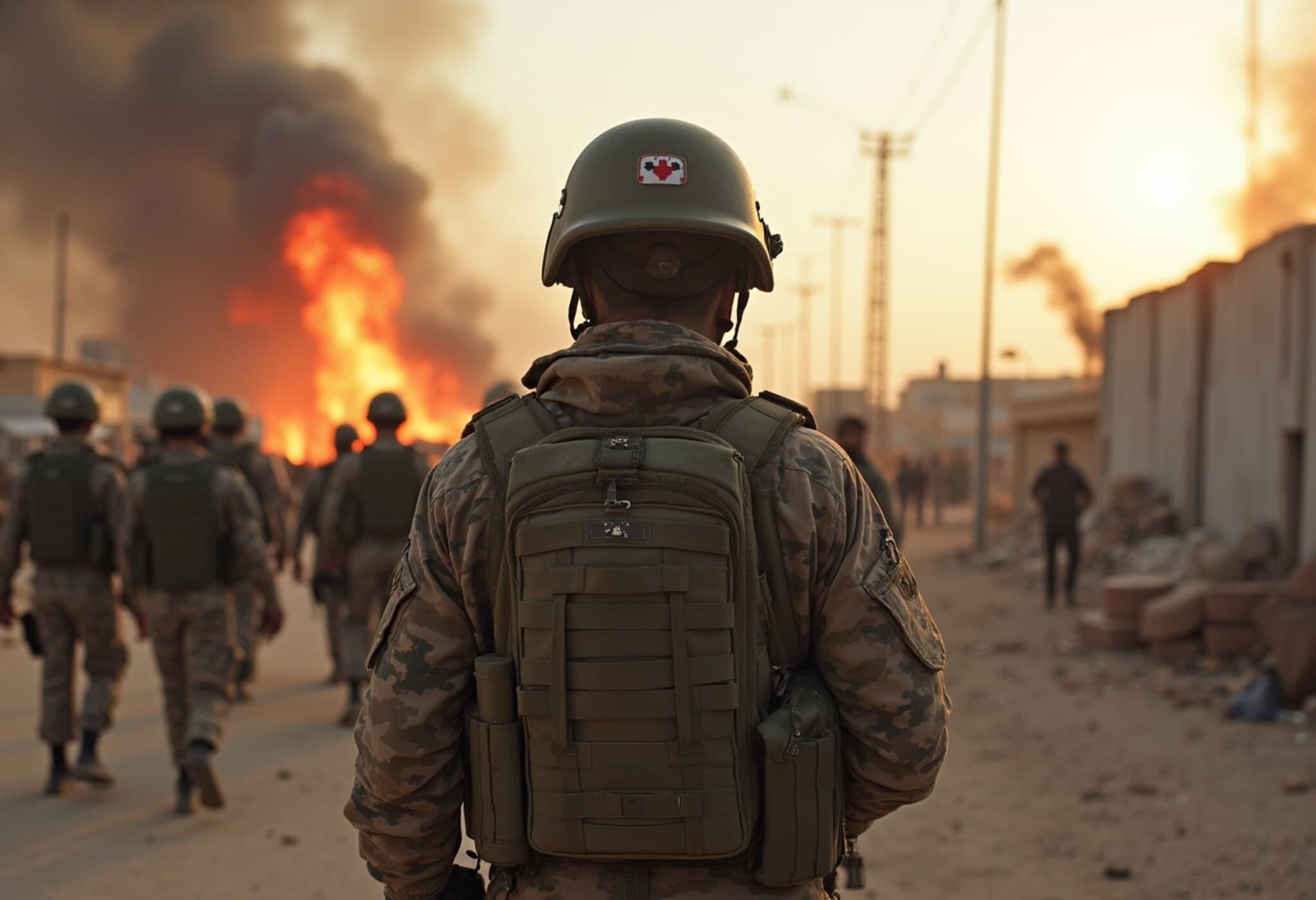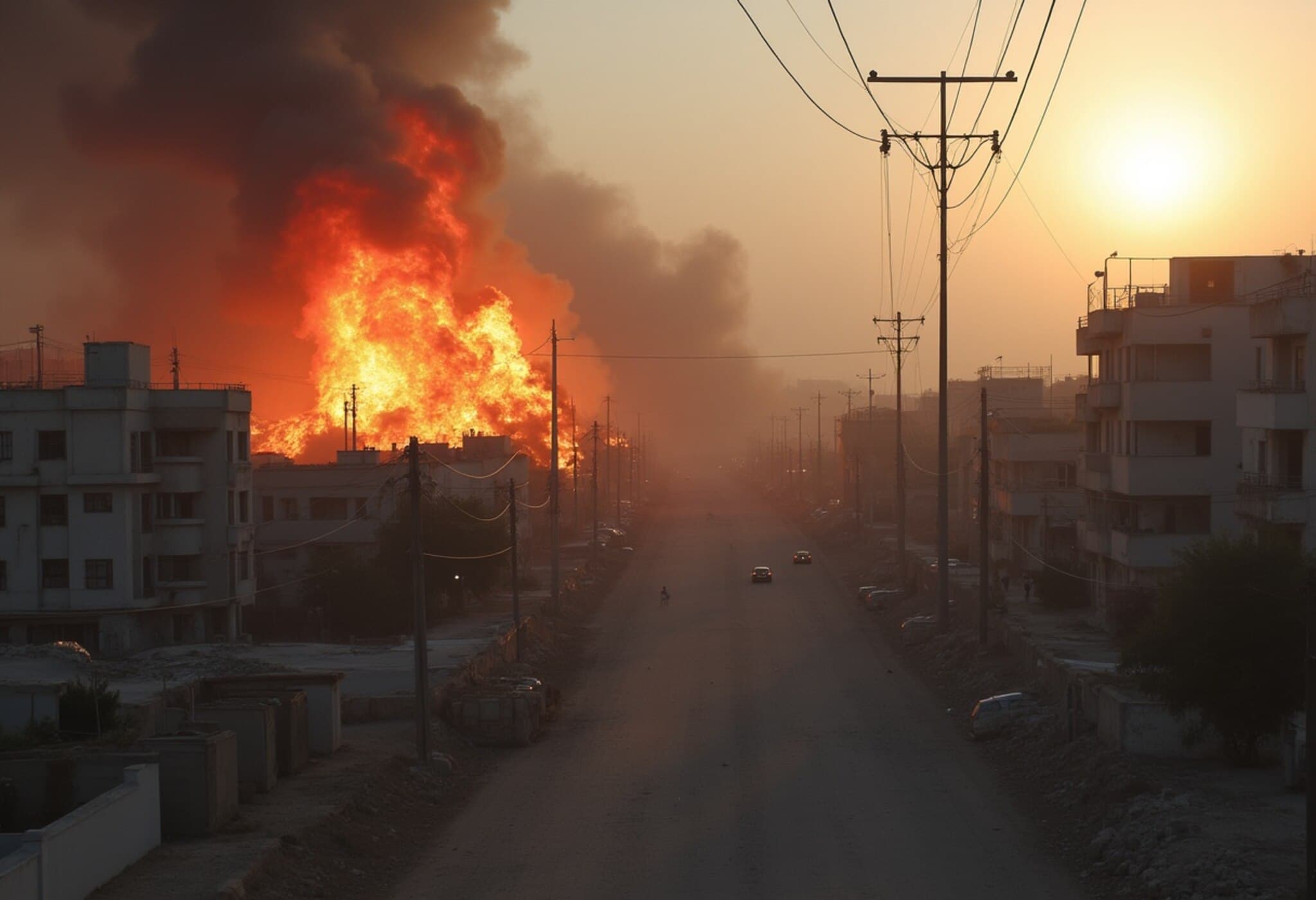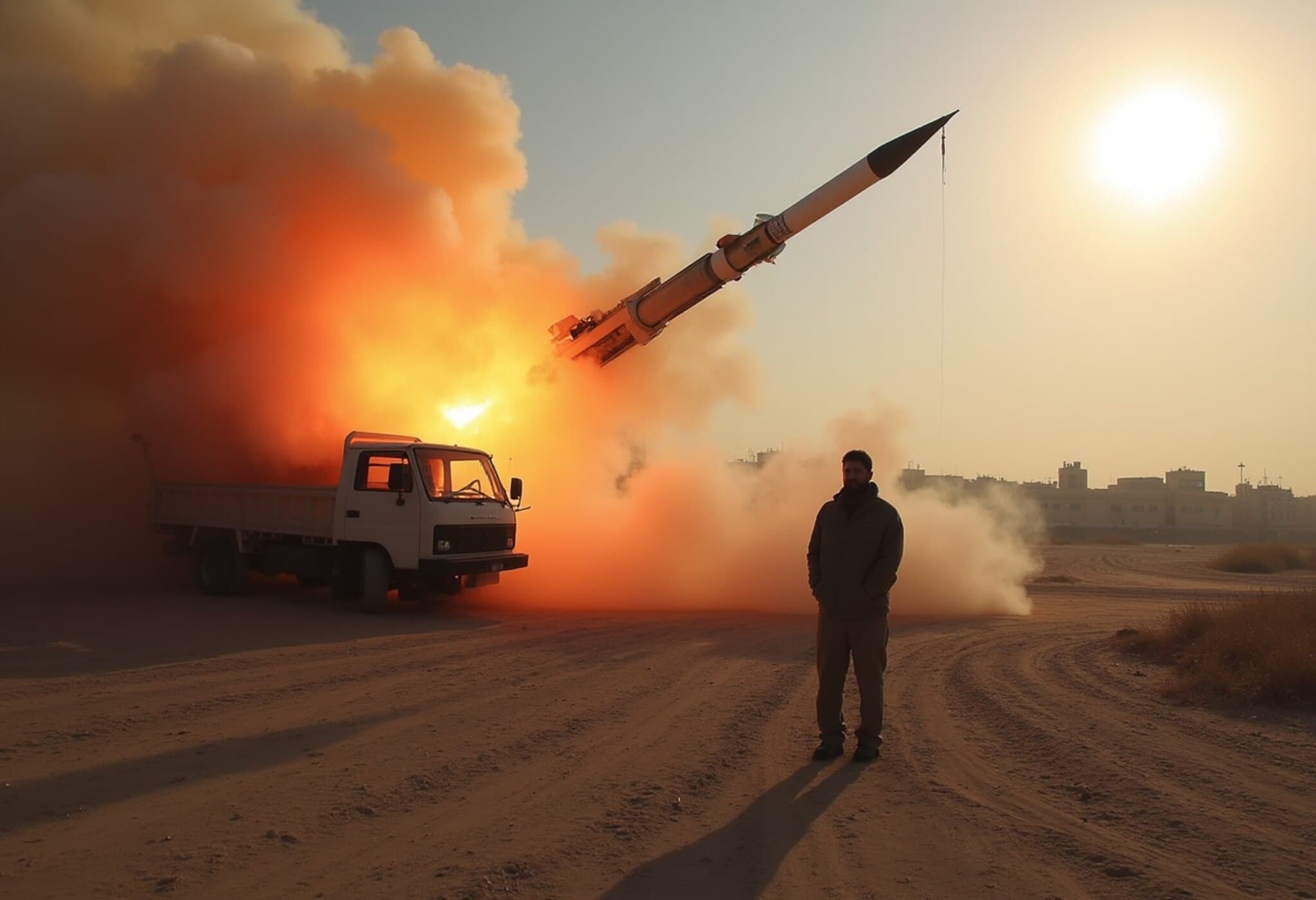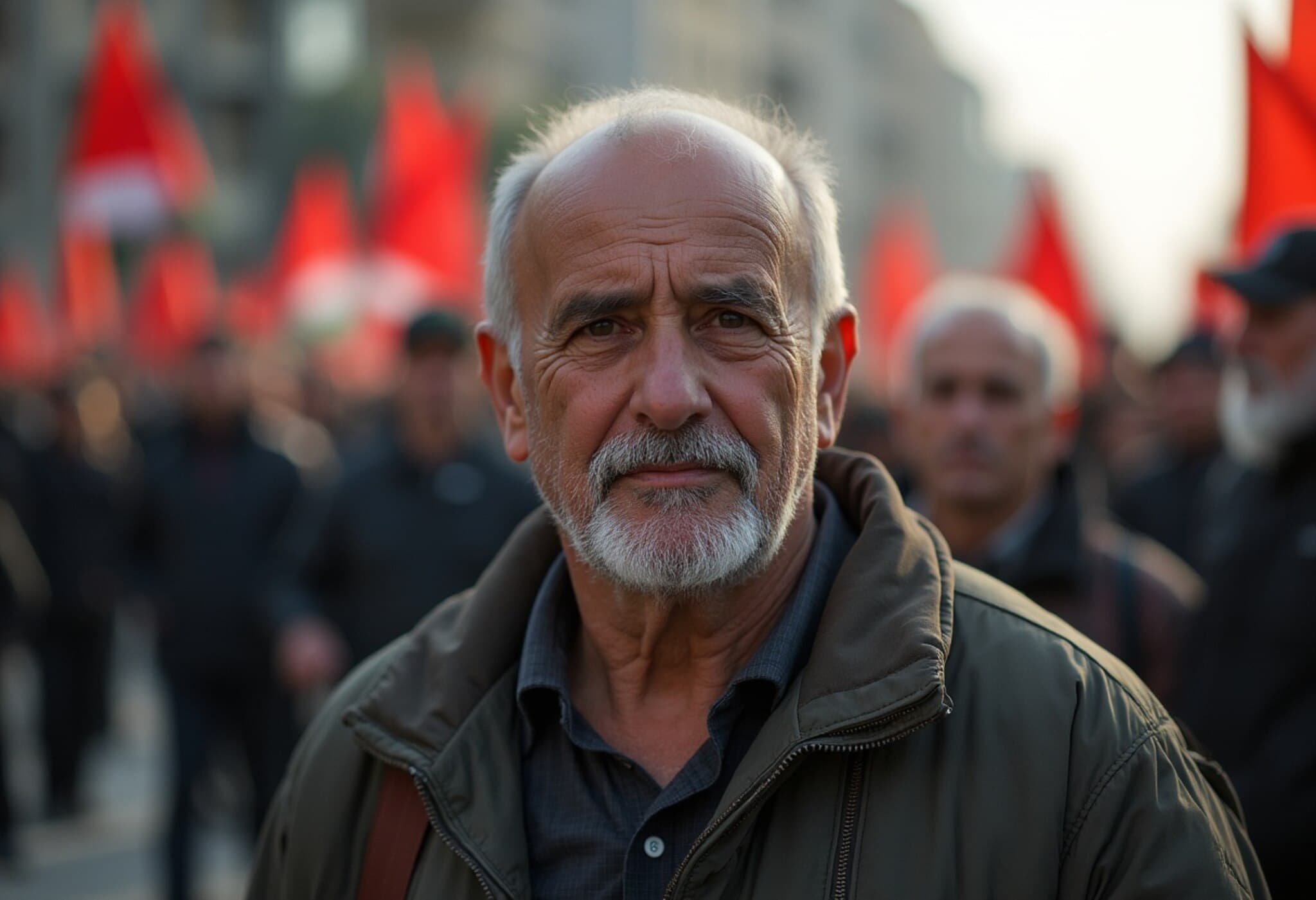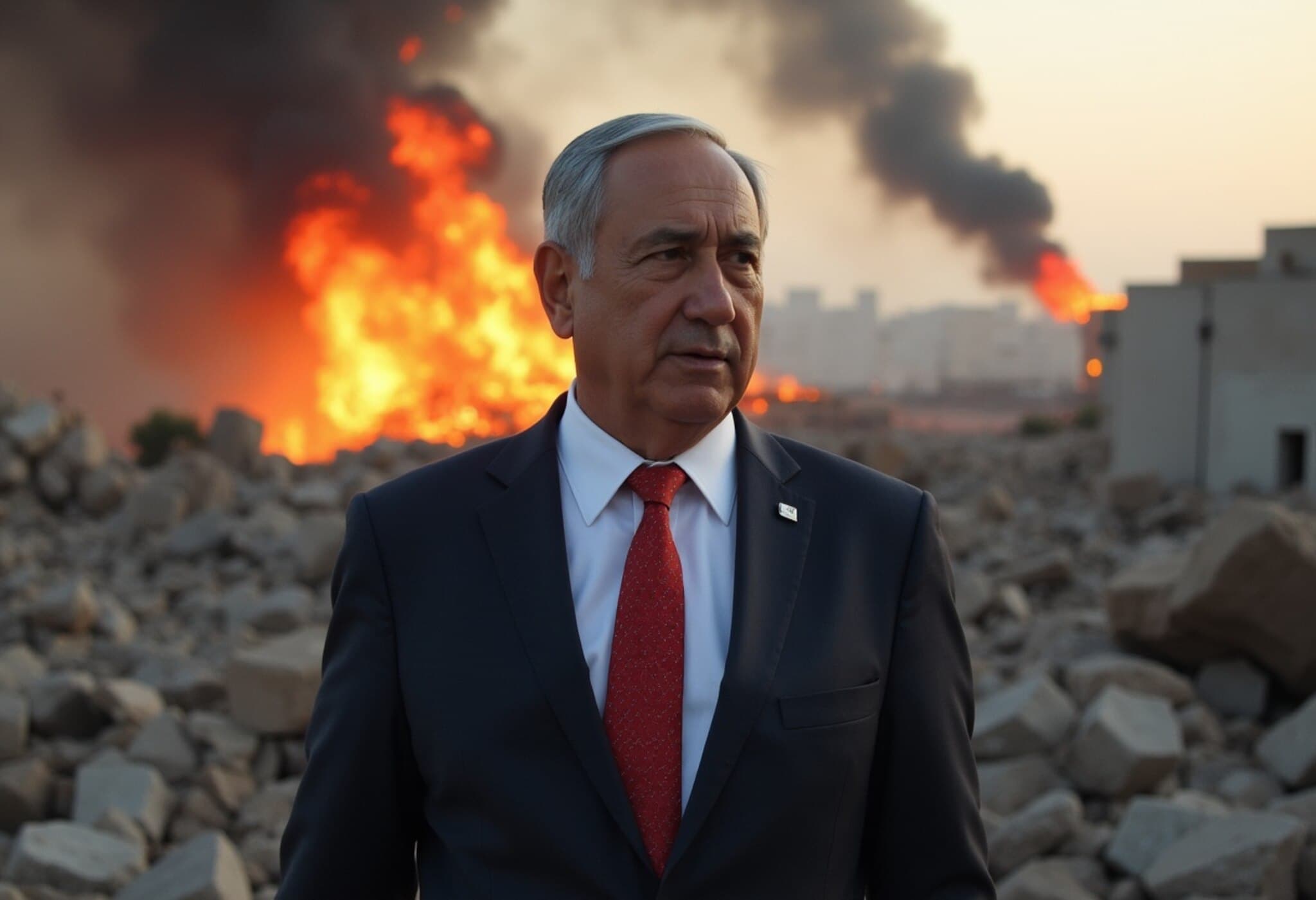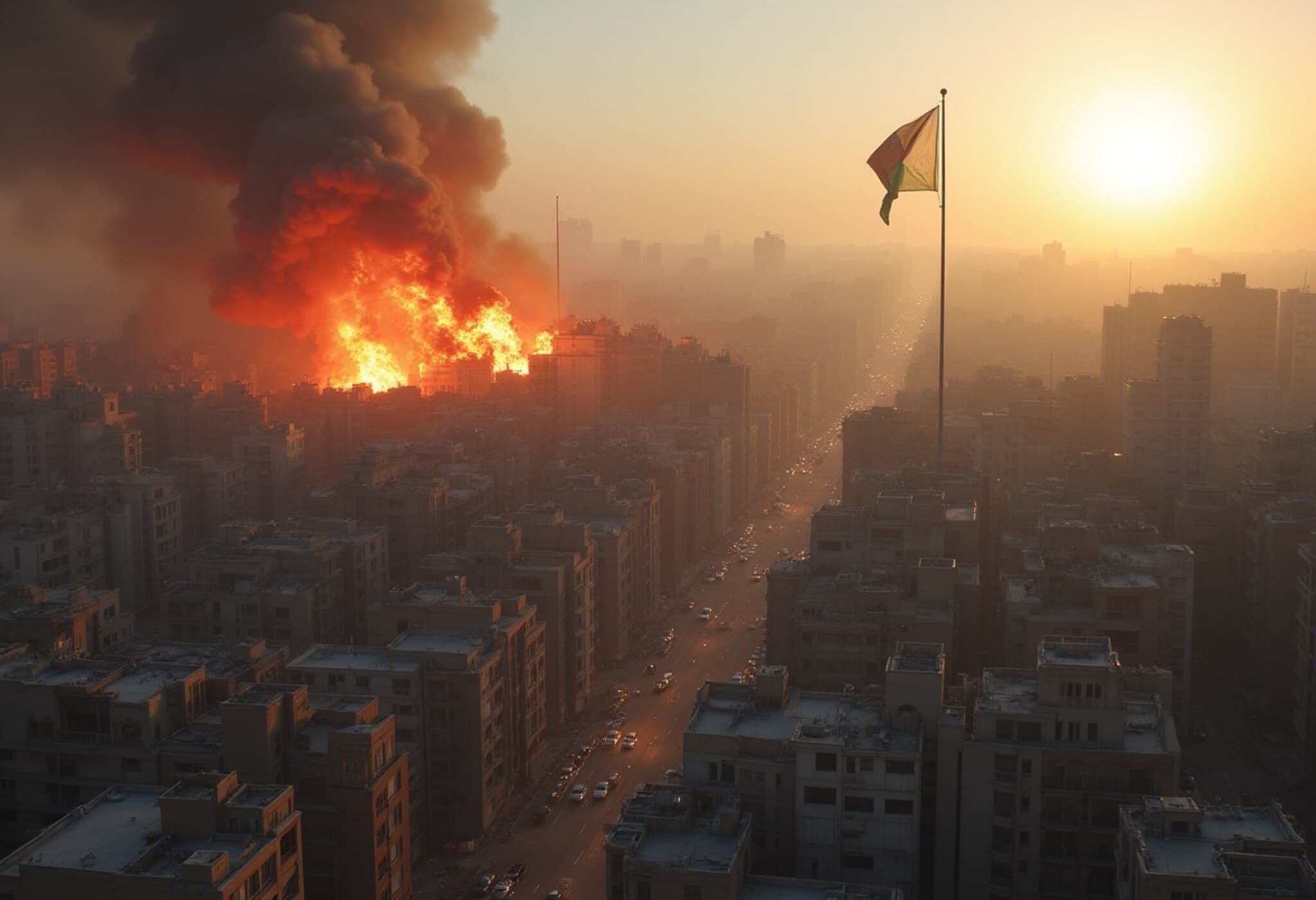Israel Declares Tactical Ceasefire in Gaza to Enable Aid Deliveries
In a recent move addressing the escalating humanitarian crisis in Gaza, the Israeli government announced a temporary suspension of military operations in three key areas within the region. This decision, coming after renewed international calls for relief, aims to open pathways for humanitarian organizations to safely deliver aid to civilians caught in the conflict.
Details of the Pause and Humanitarian Efforts
Starting Sunday, July 27, 2025, the Israel Defense Forces (IDF) will implement a localized pause in hostilities from 10:00 AM to 8:00 PM daily across Muwasi, Deir al-Balah, and parts of Gaza City. Official statements clarify that while these areas had seen little direct military engagement recently, the pause is a formal acknowledgment to facilitate humanitarian convoys, particularly United Nations aid deliveries.
The IDF further committed to establishing secure corridors ensuring the safe passage of food, medical supplies, and other essential resources. This follows mounting pressure from global actors emphasizing the dire need for immediate relief amid ongoing hostilities.
Balancing Security and Humanitarian Needs
Israel emphasizes that the pause is tactical and temporary, noting that counterterrorism operations will continue in other parts of Gaza. A recent tweet from the official IDF account states, "The IDF will continue to support humanitarian efforts alongside ongoing maneuvering and offensive operations against terrorist organizations in Gaza, in order to protect Israeli civilians." This dual approach reflects the Israeli government's intent to maintain national security without disregarding the urgent humanitarian plight of Gazan residents.
Contextual Insight: The Humanitarian Challenge in Gaza
The Gaza Strip has faced significant devastation amid recurring cycles of conflict. Restricted access and damaged infrastructure have compounded the suffering, with limited electricity, water shortages, and medical supply deficits. Humanitarian pauses like this one represent critical, albeit fragile, opportunities to deliver aid.
Experts caution that while these tactical pauses are valuable, they raise complex questions about the sustainability of aid delivery under persistent conflict conditions. The dynamic between ensuring civilian protection and achieving security objectives is particularly challenging in densely populated urban combat zones like Gaza City.
Underreported Perspectives: Voices on the Ground
Beyond official statements, reports from local NGOs and residents highlight fears that these narrow windows for aid often fail to alleviate the broader systemic issues preventing long-term recovery. There is also concern over what happens outside these designated pauses, where civilian populations continue to face insecurity and shortages.
- Key challenges include damaged roads, sporadic ceasefires, and operational restrictions for aid workers.
- International advocacy continues to press for extended humanitarian access and durable peace solutions.
- Legal and ethical debates focus on balancing military necessity with protection of civilians under international humanitarian law.
Looking Forward
The unfolding situation remains fluid, with the Israeli Defense Forces ready to adjust the scale and timing of these humanitarian efforts as circumstances dictate. For residents of Gaza, such pauses can mean the difference between life and death amid escalating hardships.
Meanwhile, the global community watches closely, urging all parties to prioritize civilian welfare and pursue sustainable conflict resolution mechanisms.
Editor’s Note
This announcement marks a delicate turning point in the prolonged Gaza conflict—highlighting the intricate balance between military strategy and humanitarian imperatives. Readers are encouraged to consider how temporary aid pauses fit into broader peacebuilding efforts and what this means for civilians who bear the brunt of conflict. Persistent vigilance and dialogue remain essential as this complex situation evolves.

